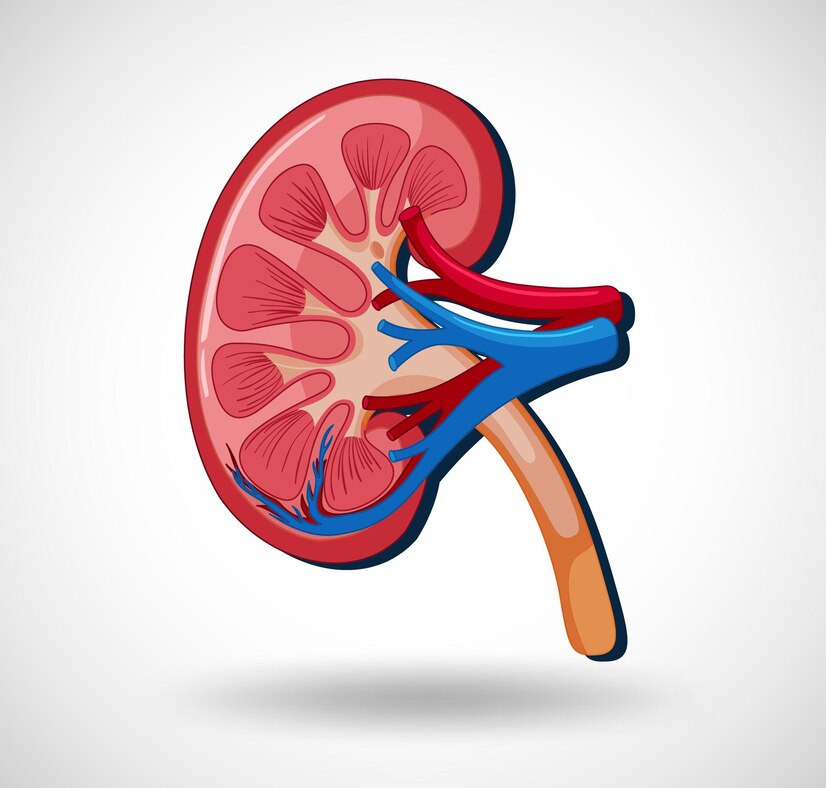
Recognizing Kidney Failure: Common Signs and Symptoms
Introduction:
Kidney failure, also known as renal failure, is a serious condition that occurs when the kidneys lose their ability to function properly. Recognizing the signs and symptoms of kidney failure is crucial for early detection and prompt treatment. In this simple guide, we’ll explore the common signs and symptoms of kidney failure in easy-to-understand language suitable for everyone.
-
Changes in Urination: One of the earliest signs of kidney failure is changes in urination patterns. This may include:
- Decreased urine output
- Frequent urination, especially at night
- Foamy or bubbly urine
- Blood in the urine (hematuria)
- Difficulty or pain during urination
-
Swelling: Kidneys play a vital role in removing excess fluid and waste from the body. When the kidneys fail, fluid can build up in the body, leading to swelling (edema). Swelling may occur in the legs, ankles, feet, face, or hands, and it may be more noticeable in the morning or after prolonged periods of sitting or standing.
-
Fatigue and Weakness: Kidney failure can cause anemia, a condition characterized by a decrease in red blood cells or hemoglobin. Anemia can lead to fatigue, weakness, and a general feeling of tiredness, even with adequate rest. Individuals with kidney failure may also experience difficulty concentrating and decreased mental alertness.
-
Shortness of Breath: As fluid builds up in the body due to kidney failure, it can also accumulate in the lungs, leading to difficulty breathing or shortness of breath. This symptom may worsen with physical activity or lying flat and may be accompanied by coughing or wheezing.
online pharmacy buy wellbutrin with best prices today in the USA
-
Nausea and Loss of Appetite: Kidney failure can cause waste products and toxins to accumulate in the bloodstream, leading to nausea, vomiting, and a loss of appetite. Individuals may experience a metallic taste in the mouth or a feeling of fullness even after eating small amounts of food.
Conclusion:
Recognizing the signs and symptoms of kidney failure is essential for early detection and timely intervention. If you or someone you know experiences any of the symptoms mentioned above, it’s important to seek medical attention promptly. Early diagnosis and treatment can help slow the progression of kidney failure and improve outcomes.
Build-up of toxins in the blood can cause itching and dry skin, particularly in the later stages of kidney failure.
To seek medical advice, always consult a Doctor. Here are our recommended experts. Click here
To read more on Kidney failure. Click Here


